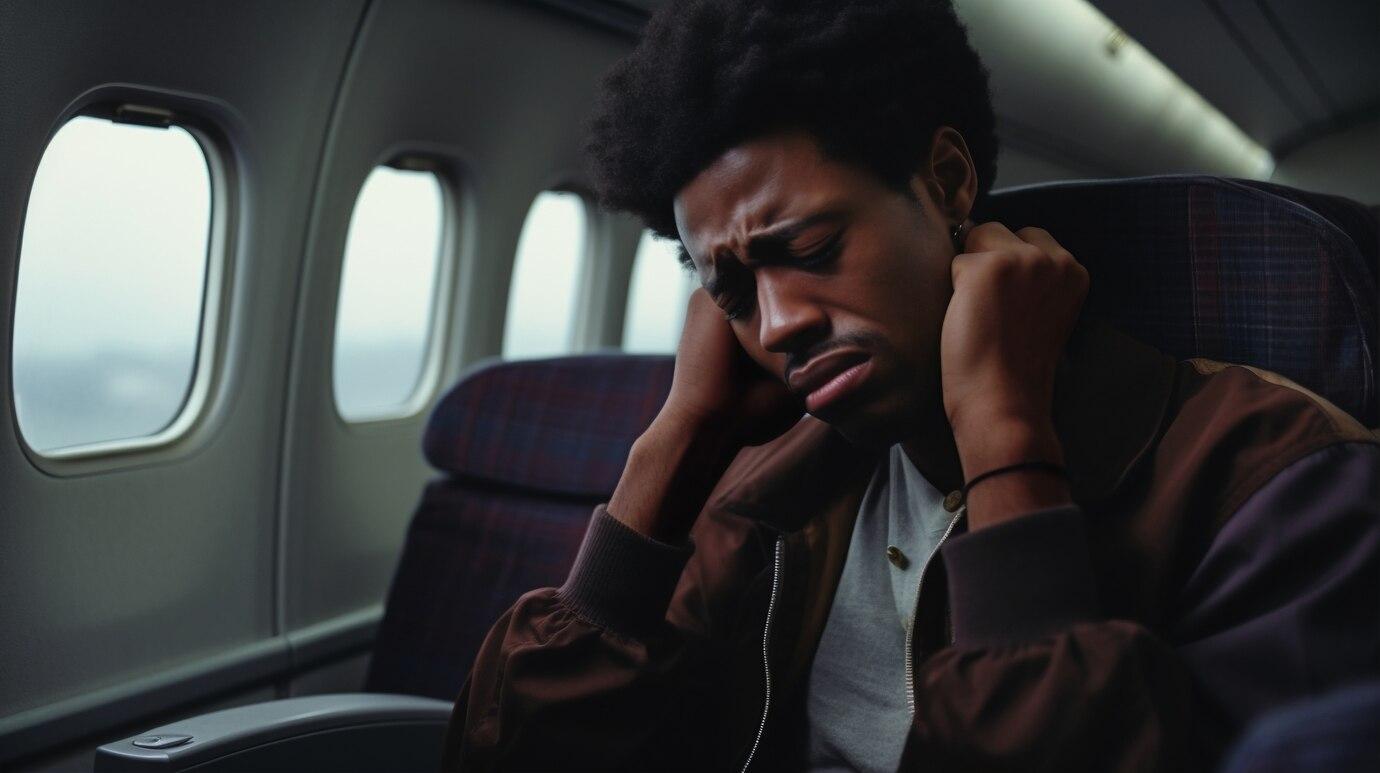Most of us get all excited about planning and packing for a travel or vacation. However, for some people, flying is not always a part of the excitement.
If only you could skip that part right to the destination, right? But that is not possible so you just have to deal with it.
Luckily, there are many ways to deal with the fear of flight. Medication is one of the many ways that has proven effective for a lot of people.
So if you are planning to fly soon, but are already getting anxiety attacks just from thinking about it, read on to find out some of the medications you can use for a better flight experience. We will also discuss some alternative approaches to manage your fear and anxiety.

There are several pharmacological options you can use to help manage your fear of flying. They include;
Benzodiazepines - Benzodiazepines offer rapid relief of anxiety symptoms. They act on the central nervous system by enhancing the effect of the neurotransmitter GABA, resulting in a calming effect on the body. Some common Benzodiazepine medications include Diazepam (Valium) and Alprazolam (Xanax).
Selective Serotonin Reuptake Inhibitors (SSRIs) - If you are looking for a longer-term solution, SSRIs are a good option. These medications work by altering the levels of serotonin in the brain, which can help stabilize mood and reduce anxiety over time.
Beta-Blockers - Beta-Blockers such as Propranolol are used to manage physical symptoms of anxiety, like rapid heartbeat and trembling. These can be particularly useful when facing the stress of flying.
Antiemetics - If you experience nausea during flights, you can use medications like Dimenhydrinate (Dramamine). These are effective in preventing motion sickness.

As much as medications are meant to help during the flight, it is important to be cautious and consult a healthcare professional to ensure safety, effectiveness, and suitability. Your healthcare specialist can assess your medical history, current health status, and any potential interactions with other medications you might be taking.
They will also ensure precise prescriptions such as the timing and dosage, which are critical. For example, some medications like benzodiazepines are taken approximately an hour before the flight to maximize their effectiveness during the flight.
Closely following your doctor’s prescription will also minimize any potential risks and side effects.

There is always a downside to any medication and this is no exception. Here are some concerns and limitations of using pharmacological treatments;
Dependency and withdrawal - While medications like Benzodiazepines are highly effective, they can lead to dependency if used regularly. Users might experience withdrawal symptoms such as seizures and restlessness upon discontinuation.
Cognitive effects - Long-term use of benzodiazepines has been linked to negative impacts on memory, concentration, and coordination.
Regulatory issues - Due to their addictive nature and potential for abuse, benzodiazepines are tightly regulated in many countries, including the UK, where Diazepam is classified as a Class C/Schedule IV controlled drug.
Considering the concerns associated with medication, many experts recommend non-pharmacological options such as:
Cognitive Behavioural Therapy (CBT) - This therapy addresses the thoughts and behaviours that contribute to the fear of flying.
Exposure therapy - This includes gradually exposing the individual to the aspects of flying to help reduce fear over time.
Flight anxiety courses - Many airlines and health organizations offer courses designed to help people overcome their fear of flying.

While medications can provide quick relief from the symptoms of fear of flying, they are not a permanent solution and carry risks. Always consult a healthcare professional before using any medicine to assess your health status and ensure the medications used are safe and effective.
It is also advisable to explore various treatment options to find the most suitable approach for managing flight-related anxiety for you.
If you want the latest information on the best Hotel Executive Club Lounges, Hotel Kids Clubs and other travel information, be sure to sign up for our free newsletter full of tips and great travel ideas.